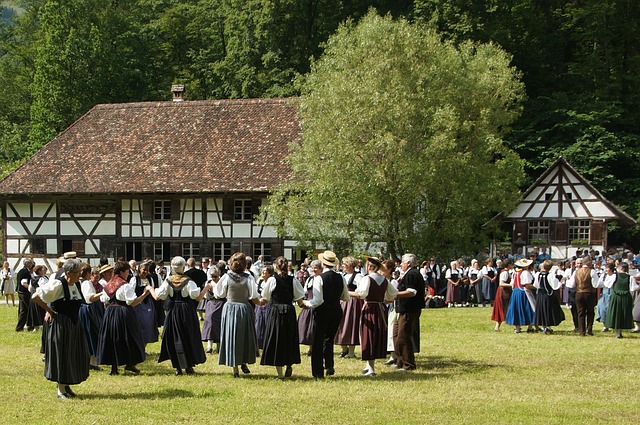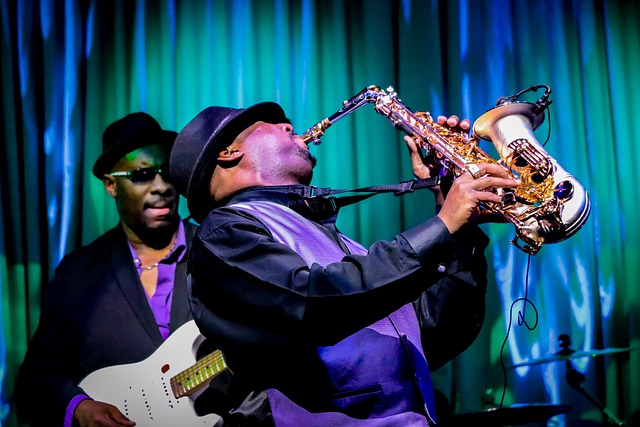Article Title:Moving Towards Wellness in Long-term Care: Considerations for Dementia-Associated Aggression
Abstract:
Dementia is a debilitating and progressive neurodegenerative condition expected to affect over 13 million Americans by 2050 (Mitchell et al. in N Engl J Med 361:1529-1538, 2009) and 132 million individuals worldwide (Prince et al. in Alzheimer's Res Ther 8(1):23, 2016). Characterized by cognitive and physical loss and change, and loss of one's sense of self, this illness significantly impairs the ability to communicate needs and discomfort successfully; aggressive behaviors are common and may affect overall well-being. Dementia-associated aggression often leads to care facility placement, may contribute to care partner burden, and significantly increases healthcare costs. Dance/movement therapy (DMT) influences physical, psychological, and cognitive behavior, supports productive self-expression, and helps to improve quality of life. This article sheds light on some challenges within the long-term care environment and affirms that DMT, as a complementary approach, is a beneficial, cost-efficient, and non-pharmacologic modality for the treatment of dementia-associated aggression for older adults in these settings.
Keywords: Aggression; Dance; movement therapy; Dementia; Long-term care
DOI: 10.1007/s10465-019-09303-9
Source:AMERICAN JOURNAL OF DANCE THERAPY
Welcome to correct the error, please contact email: humanisticspider@gmail.com



